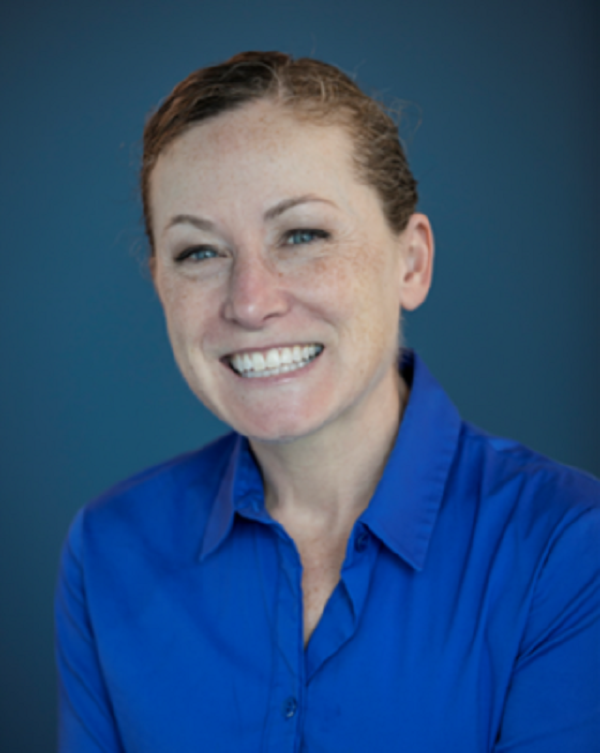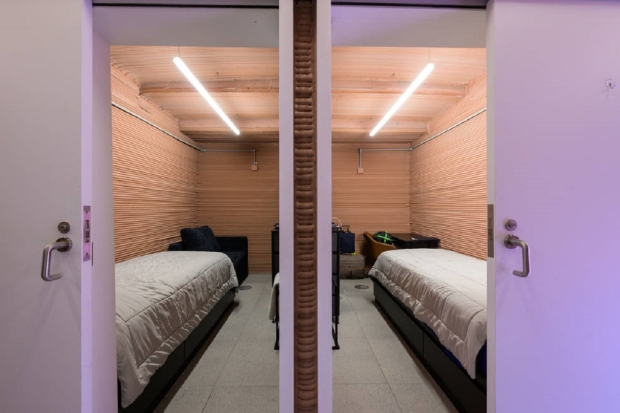NASA is continuing on its long road of getting humans on the surface of Mars, and a part of that development journey is figuring out what it will be like for humans to live on the surface of the Red Planet - without actually stepping foot on it.

Mars already presents numerous challenges for human exploration, but one of NASA's biggest concerns is how humans will survive the long stays on the Red Planet once we manage to get there. In an effort to understand more about the surface of Mars and how humans will react to their restrictive living quarters, NASA has set up Crew Health and Performance Exploration Analog, or CHAPEA, which is a ground-based mission that is expected to begin in June at NASA's Johnson Space Center in Houston.
The upcoming mission is just one of three planned Mars simulation missions and will include numerous challenges for the participants. NASA writes in its blog that participants will be faced with many real-world problems, such as limited resources, equipment failures, communication delays, environmental stressors, and more.
NASA explains that through the testing of the participants, researchers will be able to collect cognitive and physical performance data that will enable a deeper understanding to be gained about the human condition throughout long-duration missions. Ultimately, NASA will be able to look at the data gathered from this and the upcoming simulations and be able to make informed decisions that will lead to a greater chance of success for humans will we be actually living on the Red Planet.

Kelly Haston

Ross Brockwell
The space agency has selected Kelly Haston as the mission commander. Haston is a registered member of the Mohawk Nation of the Six Nations of the Grand River in Canada and a research scientist with experience building models of human disease. Ross Brockwell, from Virginia Beach, Virginia, has been selected for the missions flight engineer. Brockwell has experience as a structural engineer and public works administrator, concentrating on work such as building design, operations, and organizational leadership.

Nathan Jones
Nathan Jones, from Springfield, Illinois, has been selected as the team's medical officer. Jones is an emergency medicine physician, emergency medical director, and tactical medical physician at Springfield Memorial Hospital, while also an associate professor of emergency medicine at the Southern Illinois University School of Medicine.

Alyssa Shannon
Alyssa Shannon, from Sacramento, California, has joined the team as the science officer. Shannon is an advanced practice nurse at the University of California, Davis, Medical Center.




